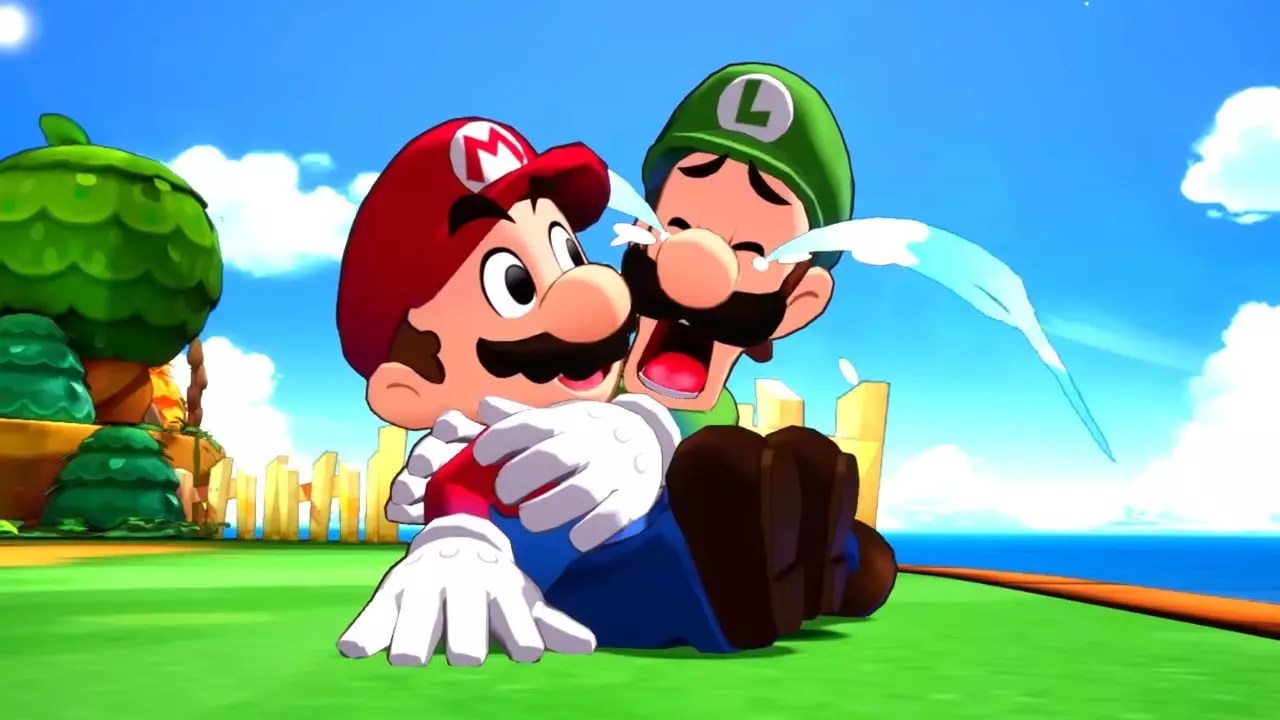In the ever-evolving world of video games, the battle between intellectual property rights and consumer access has intensified. Recently, Nintendo, a titan of the gaming industry, has taken decisive legal action against Jesse Keighin, known online as ‘EveryGameGuru.’ Keighin has been accused of streaming pirated Switch games while also promoting tools that facilitate gaming piracy, thus infuriating the company. This situation not only raises questions about copyright infringement but also highlights the ongoing struggle between developers and those who exploit their creations without consent.
According to reports from 404 Media, Nintendo’s lawsuit alleges that Keighin continued to stream gameplay from pirated games, including highly anticipated titles before their official release. The lawsuit outlines that Keighin’s actions were not only illegal but also provocative, as he reportedly flaunted his disregard for Nintendo’s legal rights in communications sent directly to the company. Nintendo’s assertion emphasizes the scale of Keighin’s activities, stating he streamed pirated content more than fifty times over two years and even promised potential consumers assistance with finding updated versions of Nintendo emulators.
This deliberate defiance of legal norms has sparked discussions about the ethics of using emulators and the line between preservation and piracy. While some may argue that emulators are essential tools for preserving gaming history, using them to play pirated games bypasses legitimate sales and undermines the financial viability of game developers.
Nintendo is seeking significant financial restitution in its lawsuit against Keighin, alleging damages of $150,000 for each instance of copyright infringement. Given the reported fifty separate violations, this could lead to a staggering total of $7.5 million in damages. This bold move illustrates the company’s commitment to protecting its intellectual property and deter future piracy. By pursuing legal action, Nintendo sends a strong message that such illicit practices have consequences, potentially shifting the behavior of other individuals who might contemplate similar undertakings.
The incident has raised eyebrows across the gaming community, eliciting mixed responses. Supporters of Nintendo argue that the company has an obligation to protect its content and maintain the integrity of the gaming industry. In contrast, some advocates for gamers’ rights view the lawsuit as an overreach, suggesting that it stifles the community-driven spirit of gaming, which often revolves around sharing and discussing games freely.
As this legal battle unfolds, it will be interesting to observe how it may influence future actions within the gaming sector concerning pirated content and consumer access to games. The outcome could pave the way for tighter regulations and enforcement against piracy, though it may also invite larger questions about the accessibility of classic games and the preservation of gaming heritage.
The case against Jesse Keighin serves as a stark reminder of the ongoing conflict between copyright protection and piracy in the gaming industry. As Nintendo stands firm in its legal pursuit, the case will undoubtedly play a crucial role in shaping the landscape for game developers and players alike. Ultimately, this situation underscores the importance of respecting intellectual property rights while also considering the evolving relationship between games and their audience in a rapidly changing digital world.


Leave a Reply